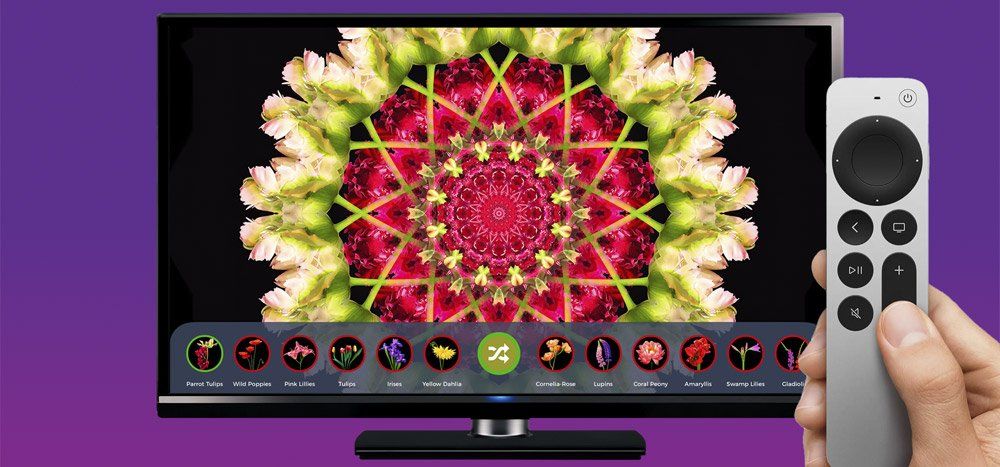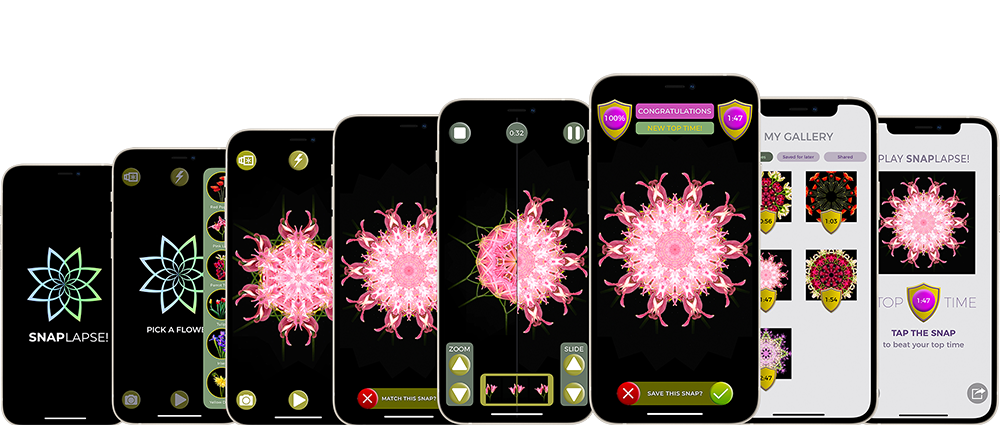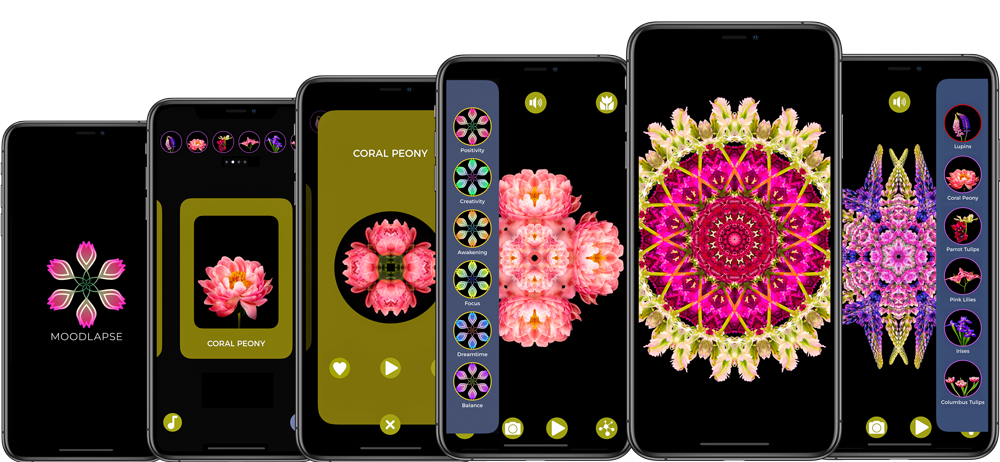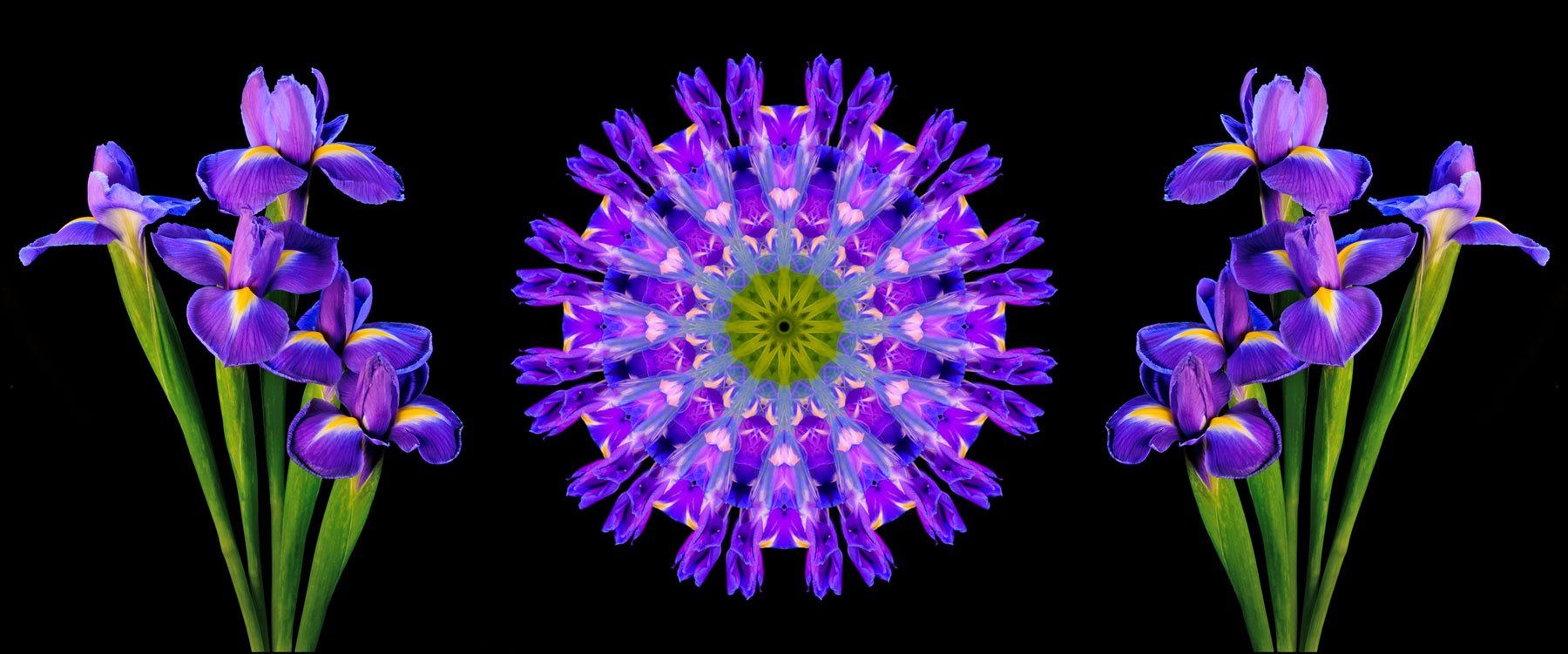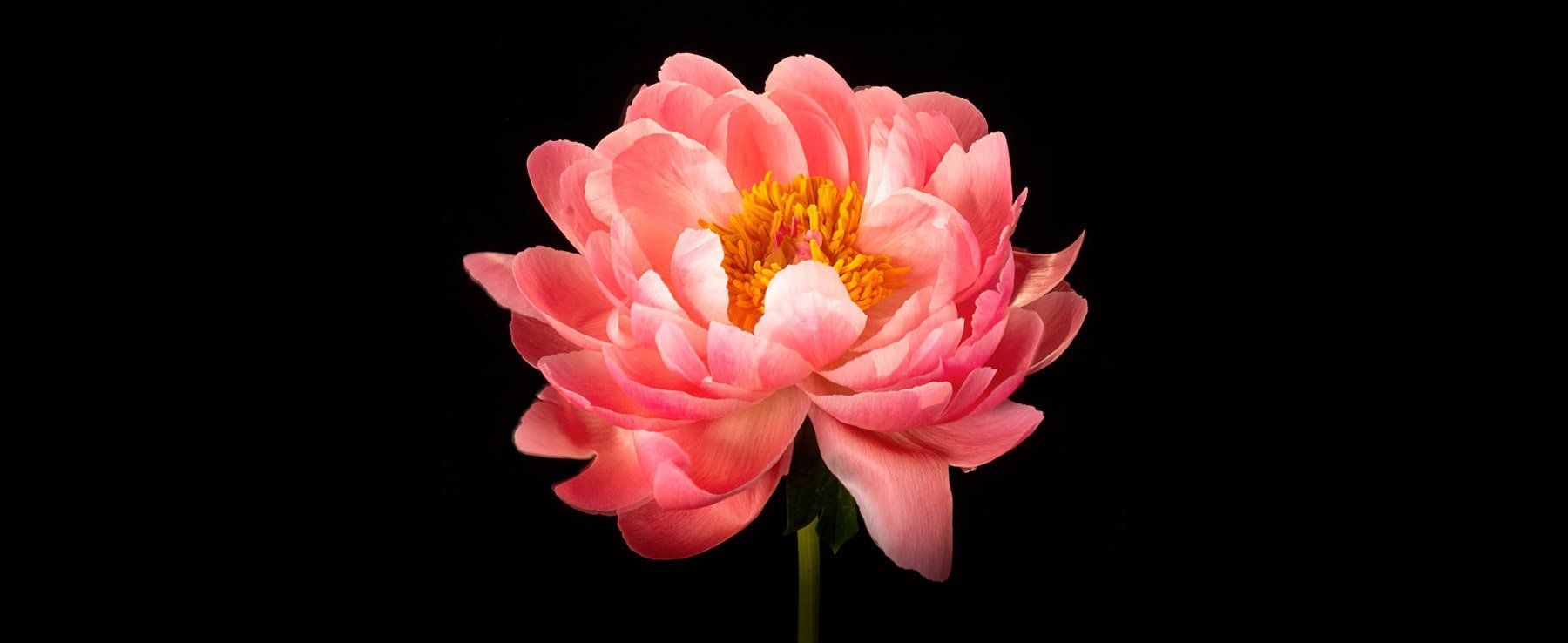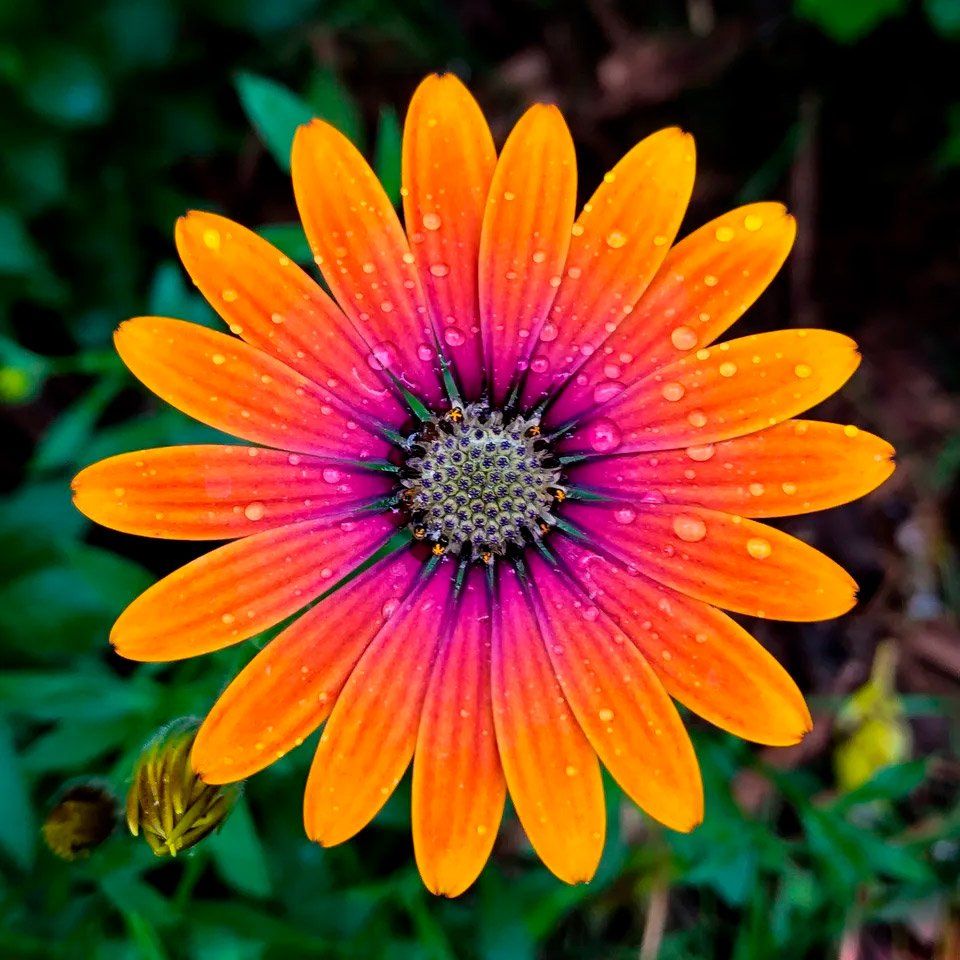The power of focus
The COVID-19 lockdowns are troubling times, but it may offer us an opportunity to develop and grow. Stay home, stay safe and work on your mindfulness muscles.
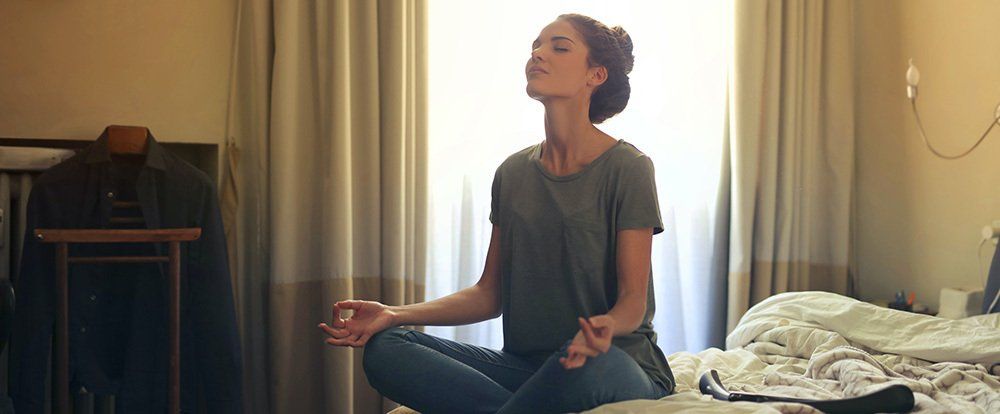
Photo by Andrea Piacquadio
There is no doubt that we live in distracting and anxious times. The papers and the news reports are again full of doom and gloom about the COVID-19 pandemic. We have a never ending stream of information overload via the internet and social media. Our lives scroll constantly from one momentary distraction to the next which can result in being so deluged with information (and mis-information) that we lose the focus to make sense of it. The constant scrolling diminishes our attention-span and can increase our anxiety.
Many of us have probably thought about the potential benefits of mindfulness or meditation practice but somehow never found time for it amid busy schedules and the sea of distractions we live with day to day. Due to the extraordinary Coronavirus lockdown situation however, many of us are now adjusting to a different pace of life that may include a bit more space and time to take care of body and mind.
We have compiled 10 great tips to boost mindfulness, relaxation and anxiety management:
- A bit like physical exercise, don’t assume that you are too ‘unfit’ to make a start. Meditation is a sort of fitness program for the mind and no matter how anxious or stressed you feel it is never too late to take the first steps. Like working out, the effects are cumulative, but remember there is no rush. Over a few weeks the effect on your sense of well-being will come to feel increasingly permanent.
- It's important to realise that, in order to meditate, you really don't have to sit in an uncomfortable position in silence for hours at a time. It can be as simple as sitting comfortably for a few minutes at the beginning of the day in order to be a human being rather than a human doing. Allow stillness to envelop you as you breathe deeply. You may not be able to physically roam freely at the moment but you certainly can mentally. Close your eyes and imagine yourself in a safe, soothing environment. By a peaceful lake, or a gentle stream or walking through dappled sunlight under trees in a forest. Be open to what you see, and explore the sights, sounds and smells of this special place.
- It is good to enjoy this quiet moment at the beginning of the day before the noise of the day gets started. It will help you to respond rather than react to the events of the day. Also a routine will help with training your mind to prepare for meditation on a daily basis.
- Start with just a few minutes and gradually build up to longer sessions. Even a few minutes a day will help. Like anything else meditation and mindfulness take practice. Our attention-span is like a muscle and we have to train that muscle to improve our focus.
- To release tension and stress it helps to focus on something, but it’s important to be lenient with yourself. Don’t set a goal or strive for perfection, in fact don’t strive at all. It is perfectly normal to have intrusive, distracting thoughts. Be nonchalant and don’t worry about them. Welcome them and don’t try to push them away, this will only make your thoughts busier. If you get side-tracked or distracted, simply return to your focal point without judging yourself for your wandering mind. Gradually your mind will become less busy and you will find yourself in a quieter place.
- Focus on the simple act of breathing. Also known as diaphragmatic breathing, or abdominal breathing. This can be done at any time of day or night and is particularly helpful in times of stress. Just 10 slow breaths will move the body out of panic mode and improve clarity and reduce anxiety. With each inhale you’re bringing in fresh oxygen, and with each exhale you’re ridding your body of carbon dioxide, allowing every cell in your body to function and thrive. Inhaling and exhaling relaxes you more and more. Sit resting comfortably with eyes closed. Feel yourself slowing down while breathing gently in and out. Inhale positive energy, comfort and relaxation, and with each exhalation let go of stress tension and anxiety.
- Remember that much of our anxiety is caused by thinking about the future, but that we are thinking about something that hasn’t happened yet. Mindfulness and meditation will help you to experience and enjoy the present moment.
- Meditation certainly doesn’t have to mean sitting cross-legged while chanting. For some people, active meditations such as walking, swimming, or performing special movements may be a better way to clear and focus their minds. Try to adopt meditative habits such as going for a walk in a green space and noticing the plants, the trees and the clouds in the sky. Try to focus on your body, your breathing and the ground beneath your feet.
- For some a visual focal point may work well, such as gazing at a flickering candle flame or attentively observing a flower. This is where Moodlapse can help. The moving flower mandalas offer a beautiful point of focus to absorb and relax you, or mindfully engage you through some creative interactivity. Set a reminder from within the app to encourage a daily habit.
- And last but not least. Make a list of things to be thankful for. “Thankfulness is the beginning of gratitude. Gratitude is the completion of thankfulness. Thankfulness may consist merely of words. Gratitude is shown in acts.” – Henri Frederic Amiel
Changing negative thought patterns may feel alien and a little challenging at first but after a couple of weeks of practice it will start to feel easier and more normal. Practice and patience is key to reaping all the benefits of improved focus and attention-span. Meditation, and adopting meditative habits has a ripple effect. You will soon start to cope better and procrastinate less, to feel more positive about doing some exercise and eating some healthy food. And maybe also to switch off the news or internet for a little while, and truly enjoy some peace and silence!
••••••••••••••••••••••••••••••••••••••••••
Additional reading
For anyone looking to explore these techniques further - here are some interesting links:
HARVARD MEDICAL SCHOOL: Relaxation techniques: Breath control
Psychology Today: An Overview of Meditation: Its Origins and Traditions



